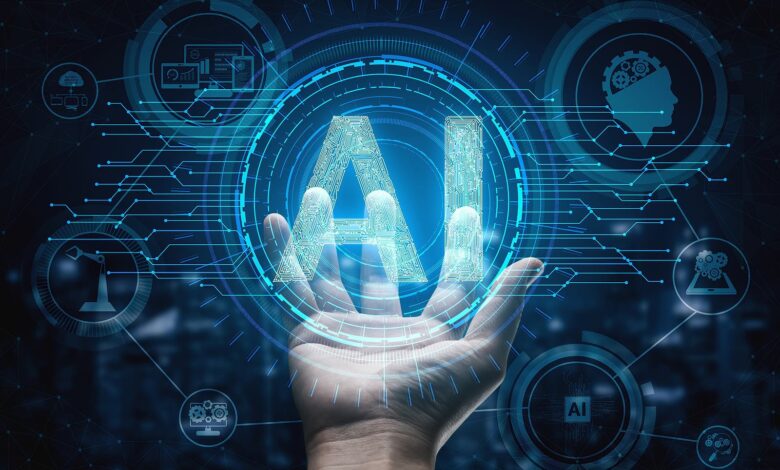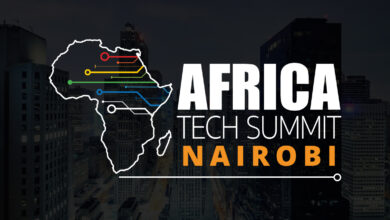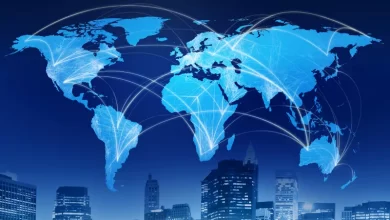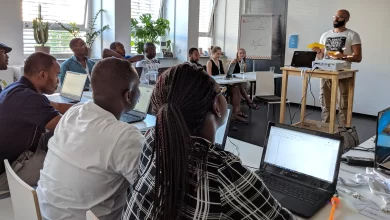Splintering the future of Workplace

The world of work is evolving rapidly. Within 20 years, it will be so different from what it is today, especially in industrialized countries. The primary cause of this is of course the rapid development and adoption of new technologies. However, other important factors are also at play. Here are the nine key trends that are likely to change the future of work, according to studies that have been conducted.
The Digitization of the Economy
As a result of digitalization, routine or low-skill tasks can be performed by a computer. Some companies choose to outsource these tasks to external service providers. Many skilled jobs may disappear and some workers will be forced to become subcontractors themselves.
The automation of work through Artificial Intelligence
AI enables machines to automate repetitive or routine tasks. This could result in many people losing their jobs or being forced into low-paying positions. Even the most complex tasks may be performed by machines. Only jobs requiring emotional intelligence are safe for the time being.
Artificial intelligence for Human Resources
Many companies are now using computer-based applications to filter and score incoming CVs. But these programs often disadvantage candidates who do not fit the exact template. Job seekers may be rejected for reasons unrelated to the company’s needs, such as gender, race, age…
New Skills Requirements for Future Jobs
In the coming decades, people will certainly need to acquire new skills in order to perform the jobs of the future. Advanced technical and digital skills will be most in demand. Nevertheless, qualities that cannot be automated are also required, such as creativity, collaboration or empathy.
Globalization 4.0
Globalization 4.0 can lead to the unemployment of a large number of people, due to the attraction that companies have for “telemigration”. This involves hiring employees living in other countries to do office jobs. White-collar workers could face stiff competition from tele-migrants.
Climate change and the Green Economy
Climate change and the extreme weather events it brings, like floods and droughts could have serious impacts on health, workplaces and workers. Employees may be forced to migrate or lose their jobs because of the damage inflicted on their worksites.
Generation Z workers entering the workforce
Generation Z are people born between the years 1995 and 2005. These individuals currently represent about one-third of the workforce. These people have a strong interest in inclusion and social responsibility. This could transform the work environment by providing greater accessibility for traditionally disadvantaged groups.
Populism
Populism is a political trend consisting in the rejection of elites, experts and the establishment. It aims to defend the interests of the people. This political tendency brings benefits to many people. However, it can also lead to massive job losses and financial insecurity among certain groups of workers, such as immigrants.
External events that accelerate change
Natural disasters, economic upheavals, and global pandemics can dramatically affect the professional world. If their impacts are severe, they may accelerate the pace of change and create unexpected challenges for some groups of workers. The COVID-19 health crisis, for example, has led to a rapid shift in digitization.
.




